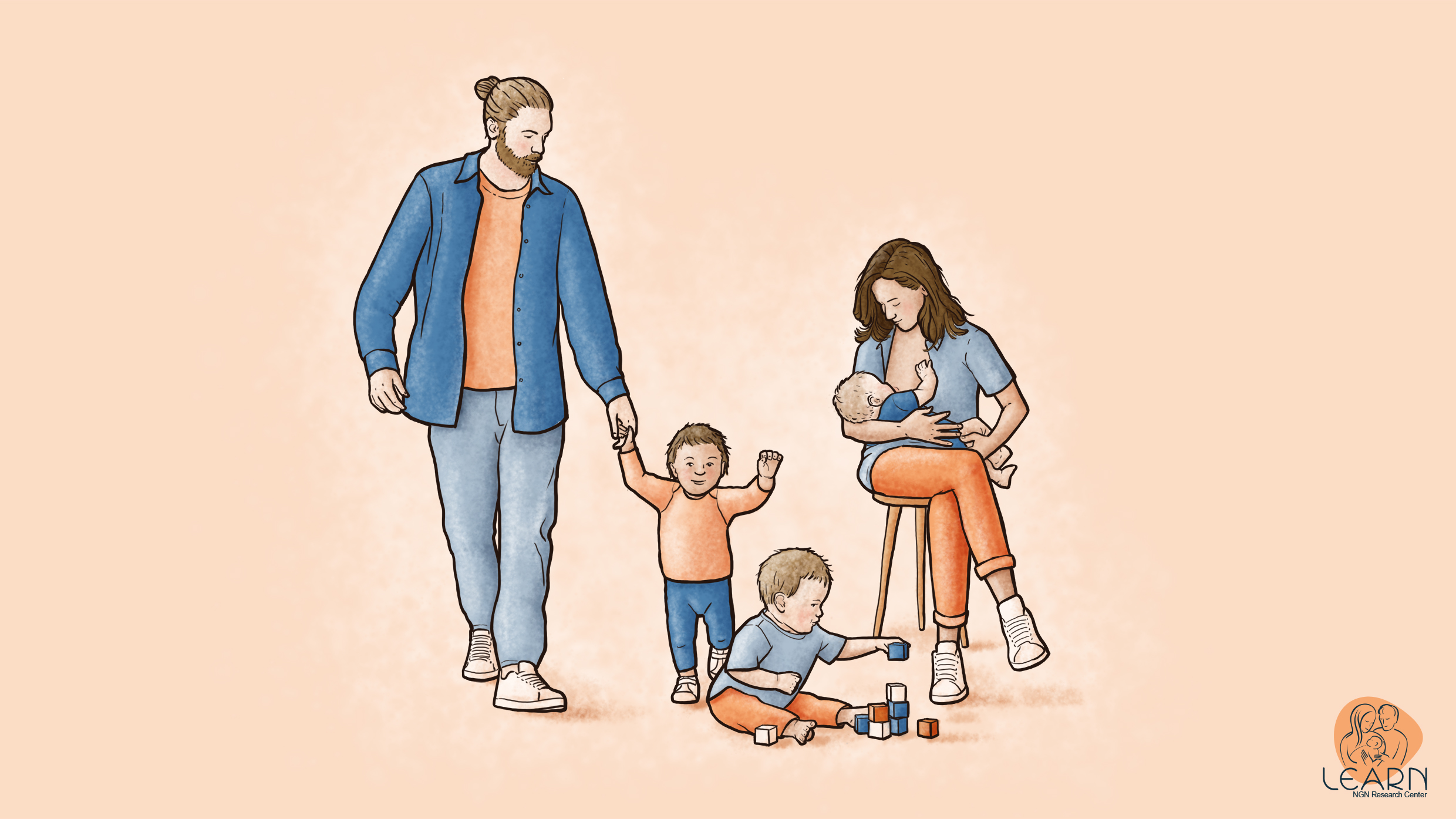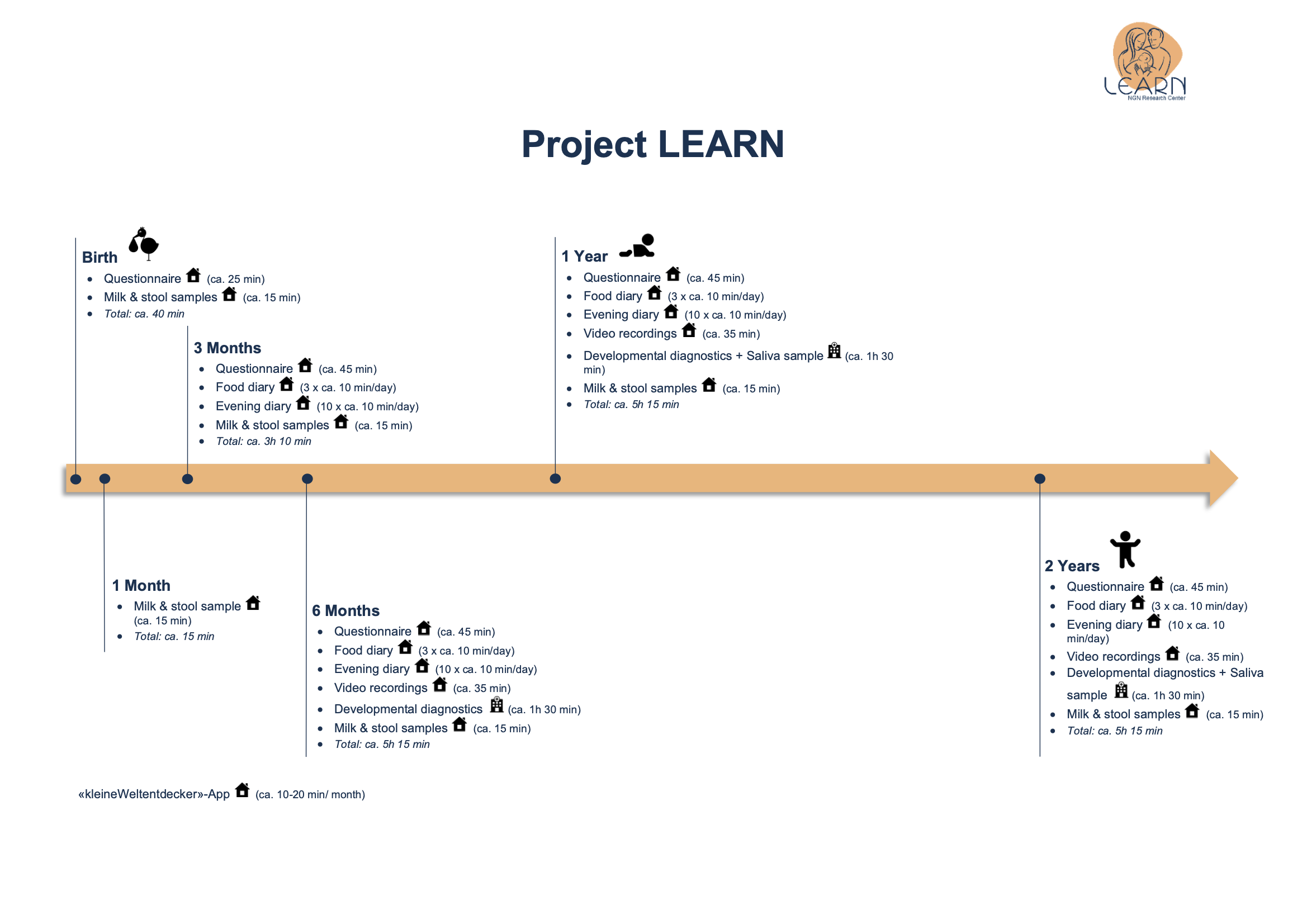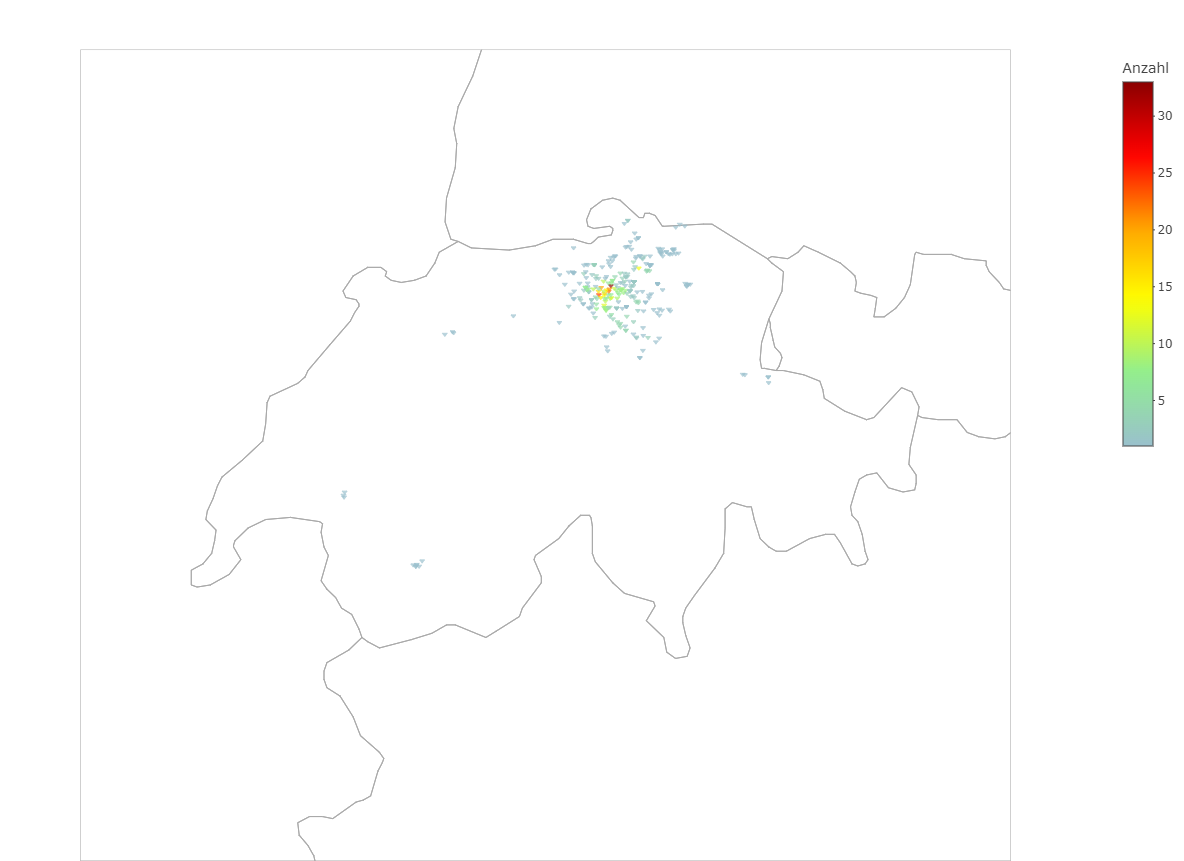LEARN
Long-term effects of early nutrition on child development
To what extent does nutrition in the first years of life have a long-term influence on a child's development?
Long-term effects of early childhood nutrition and warm and sensitive parenting behavior on child development have been demonstrated in some cases up to adolescence. However, the exact course of development and in particular the interplay between nutrition and parenting behavior are still largely unknown. Little is known about temporal dynamics in particular: For example, are infants in a better mood or easier to soothe if you have eaten more or more frequently that day? Which nutrients would be particularly important? There is also little research on the role of fathers in early childhood nutrition and development. What does it mean for a child to be fed by both parents rather than just the mother?

The LEARN research project examines child development, nutrition and maternal and paternal parenting behavior in a birth cohort study. To this end, families provide samples of the child's breast milk and stool samples at various times. This makes it possible to determine which ingredients the child gets from the milk (if it is breastfed) and how it digests its food.
In addition, the parents are asked how they get on with their child, how they are doing and what the situation is like at home. With video recordings of the families at home and behavioral observations in our rooms at the University Hospital, parental behavior and child development are also directly observed - in some of the participating families, brain activity is also examined for this purpose. Short 13-day evening interviews are used to record how the parents felt that day, what their child ate, how they slept and how the child behaved. For example, how easy was it to calm down that day? In this way, more complex feeding patterns can be recorded. For example, there are mothers who usually feed their child at the breast, but not on the days when the child is in the crib. Such feeding patterns can only be recorded through a daily survey. With the help of an app on developmental milestones, we also try to determine exactly when a child has mastered which developmental milestone.
The first two years of life

Participation and support
Are you interested?
Have we aroused your interest? Are you perhaps considering taking part in the project yourself? Then please contact us and we will get in touch with you.
LEARN map
Welcome to our map, which visualizes the geographical distribution of our study participants. This map provides a comprehensive overview of where our participants come from and how extensive our study is. Each triangle on the map marks the location of a member, and the warmer the color, the more families are represented in that location.
Can you find your triangle? Have fun exploring!

Information for participating parents
Instructions for video recordings
Camera and tripod setup (MOV, 131 MB)
Team
Project Leads
Contact
Phone: +41 43 253 42 45
E-Mail: ngn.learn@usz.ch
Facebook: /uzh.ngncenter
Instagram: @uzh.ngncenter
Visitor Address
University Hospital Zurich
NGN Research Center
Bolleystrasse 40
8006 Zürich
Postal Address
University Hospital Zurich
Department of Neonatology
Frauenklinikstrasse 10
8091 Zürich